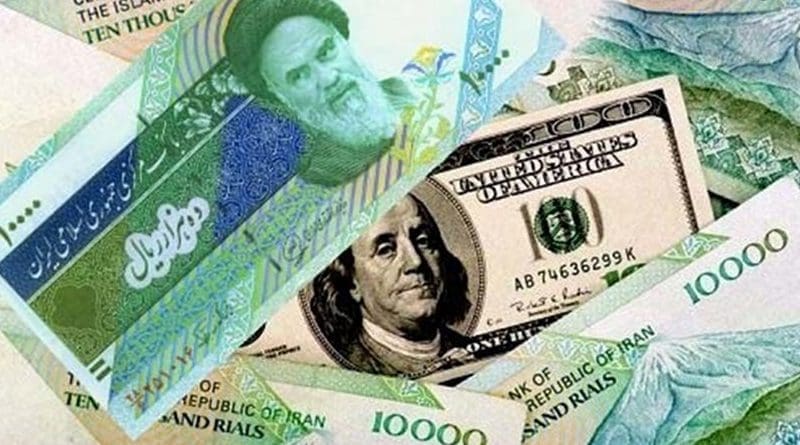Europe’s Big Blow To US Sanctions – OpEd
After months of debate and foot dragging, Europe has finally delivered a stunning blow to Trump administration’s unilateral Iran sanctions, by setting up a special financial mechanism to maintain trade with Iran and bypass US sanctions.
This mechanism, labeled as Instrument In Support of Trade Exchanges (INSTEX), is a brainchild of France, Germany, and England, banding together to neutralize any US opposition, reflecting strength in numbers.
Initially announced in September, 2018 on the sideline of UN General Assembly’s meeting, this initiative represents an important step toward salvaging the Iran nuclear deal, which has been hanging by a thread as a result of US’s unilateral exit last August.
Although the nuclear deal may still collapse for one reason or another, such as Iran’s unhappiness with the other signatories failure to normalize trade with Iran as called by the agreement, nonetheless the new European announcement on INSTEX has breathed a new life in the deal and increased its chance of survival. This is much to the chagrin of Trump administration, which opposes Europe’s initiative and has an uphill battle convincing the rest of the world that its actions on the nuclear deal and sanctions are justified.
Concerning the latter, a new worldwide threat assessment by US intelligence community has directly contradicted the administration’s claim that Iran continues to pursue nuclear weapons. Trump has criticized the report’s finding on Iran as “naïve” but there is no doubt that his Iran policy has been delivered two major blows almost simultaneously, by Europe and US’s own intelligence.
A potential third blow is more indirect, as a result of Trump’s fateful decision to impose oil sanctions on Venezuela, which exports some half a million barrels a day to US, thus tightening the oil market, already jolted by US oil embargo on Iran.
Unless the oil exemptions granted to 8 nations, which are due for renewal in May, 2019, are sustained, there is a likelihood of skyrocketing oil prices, hurting the US economy. Brian Hook, the head of State Department’s Iran Action Group, has hinted that the US will not renew those exemptions, yet most analysts predict otherwise.
From Trump administration’s point of view, what is particularly troubling about the timing of EU-3’s announcement aforementioned is that it comes ahead of a US-Poland conference in Warsaw on the Middle East, which has been widely viewed as an anti-Iran forum seeking to build an international alliance against Iran.
Both the INSTEX and the West European cold shoulder to this conference bode ill for Washington’s anti-Iran agenda — that has so far failed to generate much global sympathy, save Israel and Saudi Arabia.
By asserting its independence, Europe has now demonstrated the futility of Trump advisers’ attacks on their Iran policy, reflecting a new transatlantic fissure bound to grow worse as a result of INSTEX.
INSTEX has been welcomed by China, which seeks to join it in the future in order to maintain its lucrative trade with Iran, even though at the moment the emphasis is on ‘humanitarian goods’ yet chances are good to excellent that over time this mechanism will cover “sanctioned” trade as well and thus undermine the viability of US sanctions on Iran.
Without doubt, the political significance of INSTEX, asserting Europe’s independent foreign policy, outweighs the economic benefits, and the greater credibility problem of Trump’s Iran policy is now irrefutable.
In conclusion, US’s Iran policy is in a word in tatters, turned even more problematic by the ripple effects of the Venezuela crisis, all the more reason for Trump administration to review its policy and chart a new course of action based on diplomacy.

